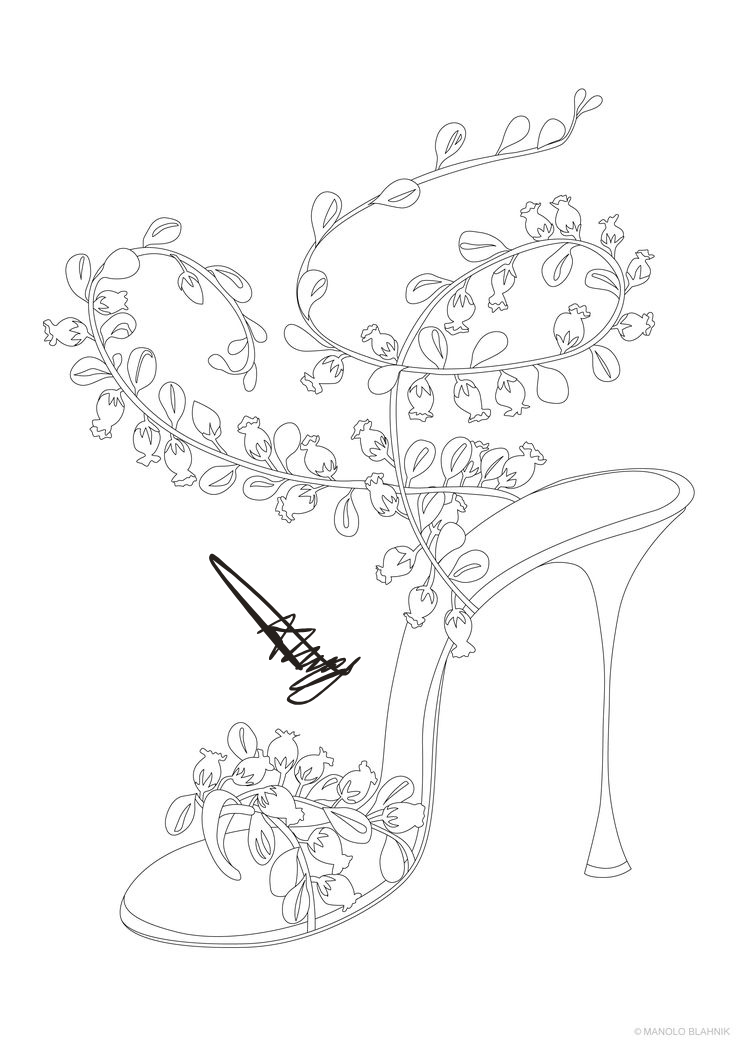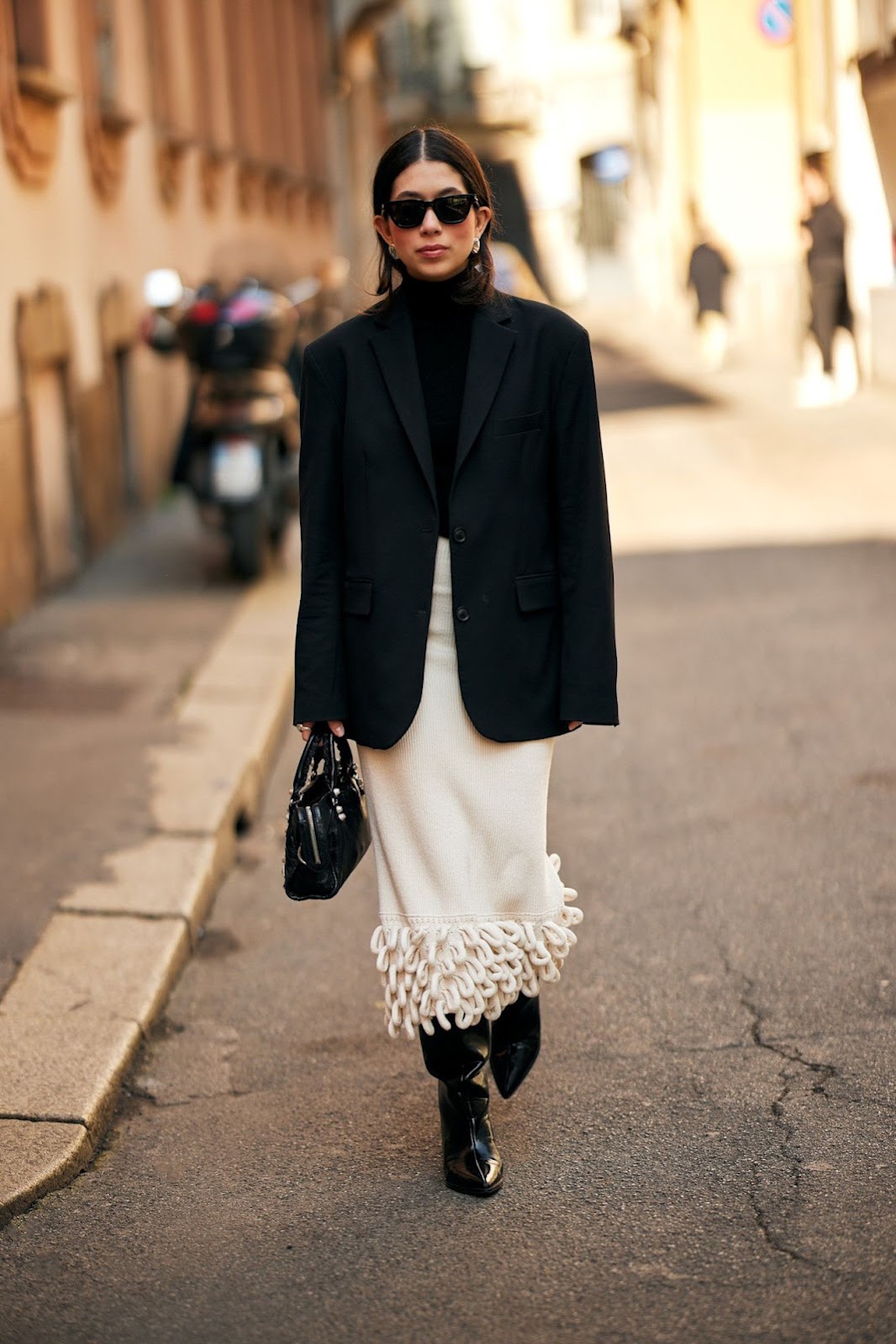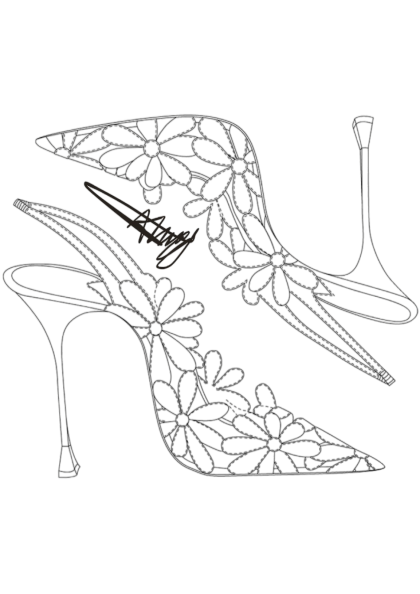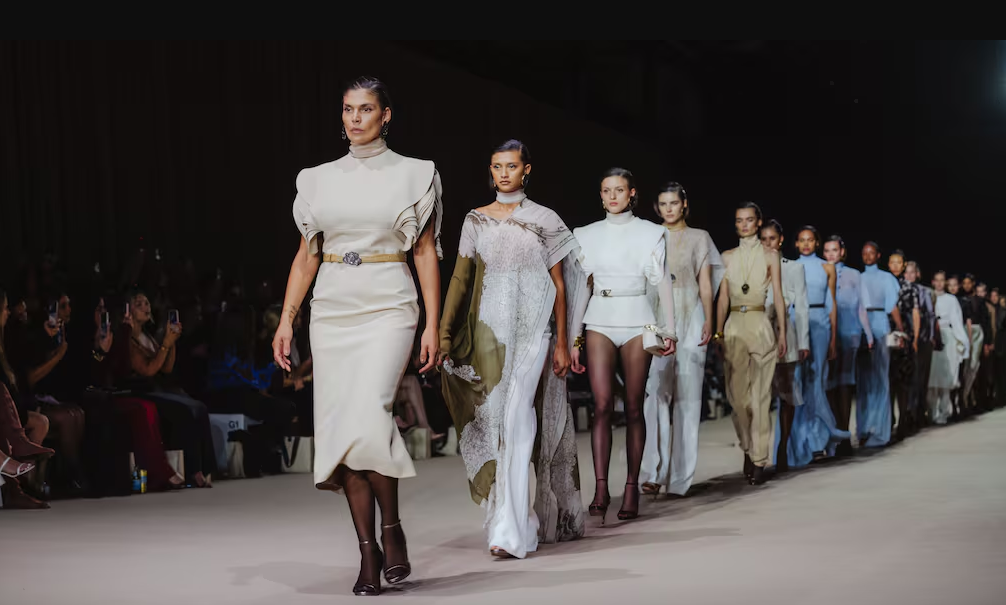Morfydd Clark Isn’t Afraid to Face the Rings of Power Fan Fervor
Morfydd Clark Isn’t Afraid to Face the Rings of Power Fan Fervor
Two years ago, a Reddit user posed an inquiry to the r/LOTR subreddit group, devoted to the never-not-opinionated Lord of the Rings fandom: “Why didn’t they cast someone tall and strong for Galadriel?” This user was referring, of course, to the casting of Morfydd Clark in The Lord of the Rings: The Rings of Power, the massive Prime Video prequel series launched to extraordinary fanfare (and, in some circles, extraordinary derision) in 2022. The Welsh actress Clark—who, stretched to full height, would still need her tiptoes to brush 5’5”—didn’t fit the canonical stature of Galadriel, the elven Lady of the Wood. Played by an ethereal Cate Blanchett in Peter Jackson’s Lord of the Rings film trilogy and imagined by J.R.R. Tolkien as near 6’4”, Galadriel has long been a ferocious fan-favorite amongst Tolkien devotees—and that included Rings of Power showrunners Patrick McKay and J.D. Payne.
The decision to make Galadriel the lead protagonist of the Rings of Power was a “day one, minute one” choice for the creative team, McKay tells me. Watching Blanchett’s stately Galadriel, they sought to understand, “What if you go back thousands of years before [the Jackson films] and she’s on a battlefield with a sword? That was the first image I remember really grabbing onto and going, ‘Okay, this could be something so distinct and different from, maybe, what people are expecting.’” But subverting fan expectations would be no easy feat, particularly when the actress they selected to do so “completely changed our conception of the character,” McKay says.
Clark—gentle, unimposing, with a naturally sing-song manner of speech—was one of a handful of actresses invited to Los Angeles for an in-person camera test with the Rings crew. There, Clark shuffled into what executive producer Lindsey Weber described as a “poorly lit conference room” and presented her best interpretation of a younger, prouder, lonelier Galadriel. “The second Morfydd spoke, it was over for us,” Weber wrote in an email. “She has a timelessness about her; she seems both young and impossibly wise and self-assured at the same time.” The Saint Maud actress’s diminutive frame made little difference: “She transforms into a person who seems a foot taller.”
It helps, of course, that Clark could naturally mimic the voice of an ancient, fantastical creature. Born in Sweden in the late ’80s but raised in the Welsh town of Penarth, she grew up speaking Welsh, which she describes as “a quite earthy language. You can say things in Welsh that, if you said in English, people would be like, ‘That’s a bit cheesy.’” For Galadriel’s Elvish speech—drawn from Tolkien’s fictional language of Quenya—Clark tapped into the rhythm of her childhood tongue. “I think, in English, I’m a lot more apologetic and smaller,” she tells me when we meet over Zoom. “When I speak Welsh, it feels deeper and more connected.” Speaking as Galadriel, she “tried to bring the connection I have with my voice when I speak Welsh [to] English,” and to “Galadriel speaking Quenya.” The impact is obvious: Weber argues that, when Clark speaks Galadriel’s lines, “it can be like a spell is cast.”
She has a timelessness about her; she seems both young and impossibly wise and self-assured at the same time.”
But the zealous praise of her castmates and crew couldn’t protect Clark when The Rings of Power hit Prime Video almost exactly two years ago. Fan reactions were immediate, inescapable, and intense. Audiences review-bombed the series across Rotten Tomatoes and Metacritic. Galadriel—and, by extension, Clark—incited fury for reasons both legitimate and obtuse. Viewers denounced Clark’s appearance for not being lore-accurate; they railed against the character’s “penchant for rage,” arguing she acted like “the worst immature teenager”; they claimed she was “annoying,” “unnecessary fanfiction,” and “a drag”; they decried her lack of behavioral resemblance to Blanchett’s millennia-older version of the elf. Elon Musk took to Twitter to target Galadriel for getting to be the only “brave, smart and nice” character while the male characters are all “coward[s], jerk[s] or both.” (He also claimed, “Tolkien is turning in his grave.”) Others published paragraphs about why Galadriel needed to be seen with her family in order for the show’s timeline to make sense; one writer published a Forbes essay claiming Clark’s Galadriel was an “unlikeable” protagonist who “lacks basic social skills.” Many such opinions were articulated thoughtfully, leading to nuanced debates over Tolkien’s text. But too often the attacks were little more than misogyny and anti-“wokeness” dressed up as loyalty to source material.
Nor was Clark the only one to endure vitriol: The racist deluge against Rings’ actors of color got so heated that the cast issued a statement across their social media accounts, condemning the “relentless racism, threats, harassment, and abuse some of our castmates of colour are being subjected to on a daily basis.”



























































